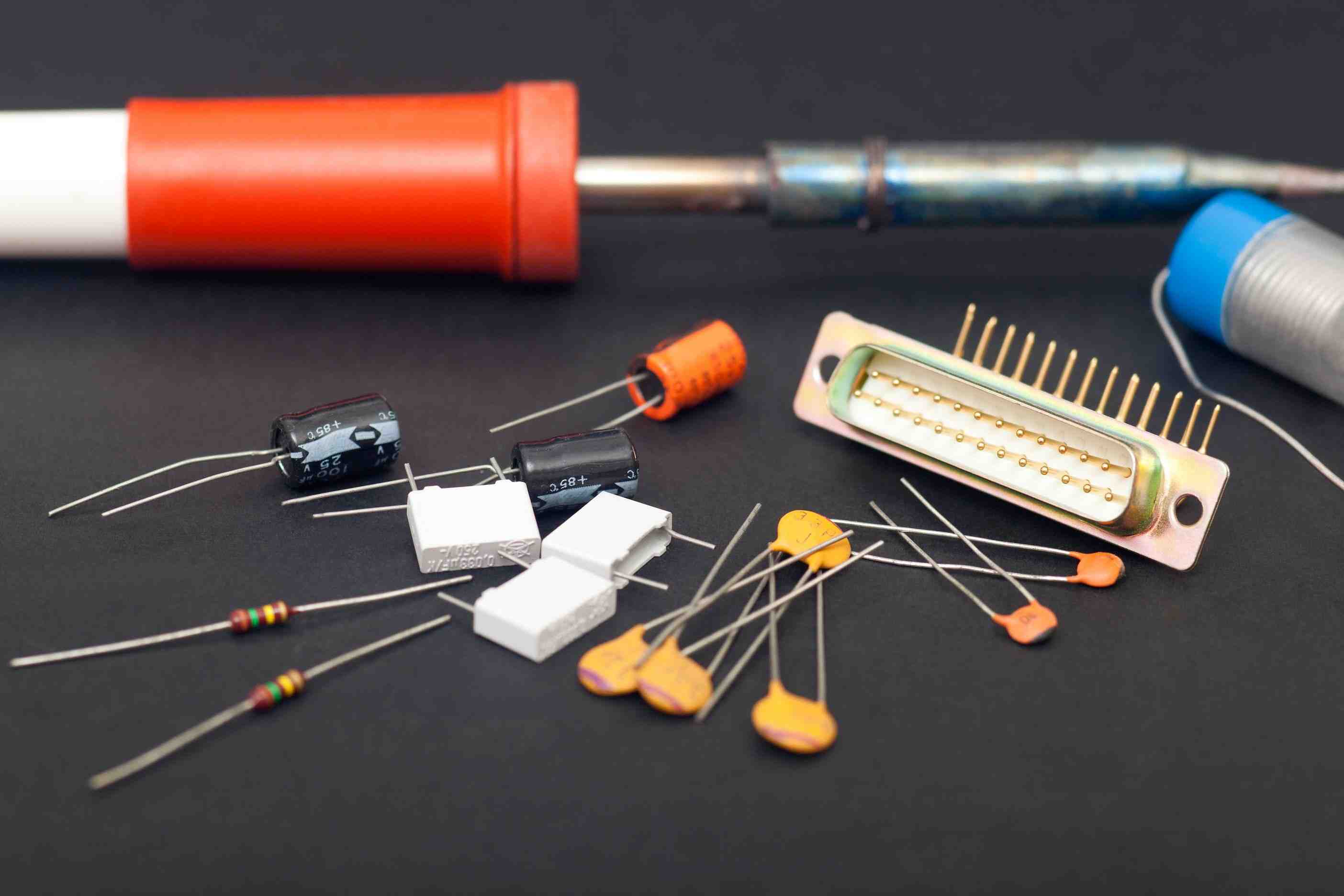




























MTT Leveraging its deep expertise in integrated circuit failure analysis, a comprehensive lifecycle-wide analytical platform, a vast failure case database, and a team of senior experts, MTT delivers precise, efficient, and end-to-end solutions ranging from failure reproduction to root cause identification and corrective recommendations.

With the continuous advancement of science and technology, the applications of integrated circuits are becoming increasingly widespread, and failure analysis of integrated circuits is playing an ever more critical role. A single chip may integrate tens of millions of devices, making the identification of failed components as challenging as finding a needle in a haystack. Therefore, integrated circuit failure analysis requires advanced and highly accurate technologies and equipment, performed by semiconductor analysis professionals with specialized knowledge.
Integrated circuits encompass various packaging types, including memory ICs, power ICs, processor ICs, clock ICs, grounding ICs, and driver ICs.
1. Component Manufacturers: Deeply engage in product design, production, reliability testing, and after-sales stages, providing customers with theoretical foundations for improving product design and manufacturing processes.
2. Assembly Plants: Clarify responsibility and provide evidence for claims; improve production processes; screen and qualify component suppliers; enhance testing technologies; and refine circuit design.
3. Device Distributors: Distinguish quality responsibility and provide a factual basis for claims.
4. End-Product Users: Supply evidence for improving operating environments and procedures, enhance product reliability, establish a strong corporate brand image, and strengthen product competitiveness.
1. Provide the foundation for design and process improvements of electronic components, guiding the direction of reliability work.
2. Identify the root causes of electronic component failures and effectively propose and implement reliability improvement measures.
3. Improve product yield and operational reliability, thereby enhancing the enterprise’s core competitiveness.
4. Clearly define the party responsible for product failures, providing a basis for judicial arbitration.
Types of analyzed components:
Integrated circuits, field-effect transistors, diodes, light-emitting diodes, transistors, thyristors, resistors, capacitors, inductors, relays, connectors, optocouplers, crystal oscillators, and various active/passive components.
Open circuits, short circuits, burnout, leakage, functional failure, electrical parameter drift, and intermittent instability, among others.
